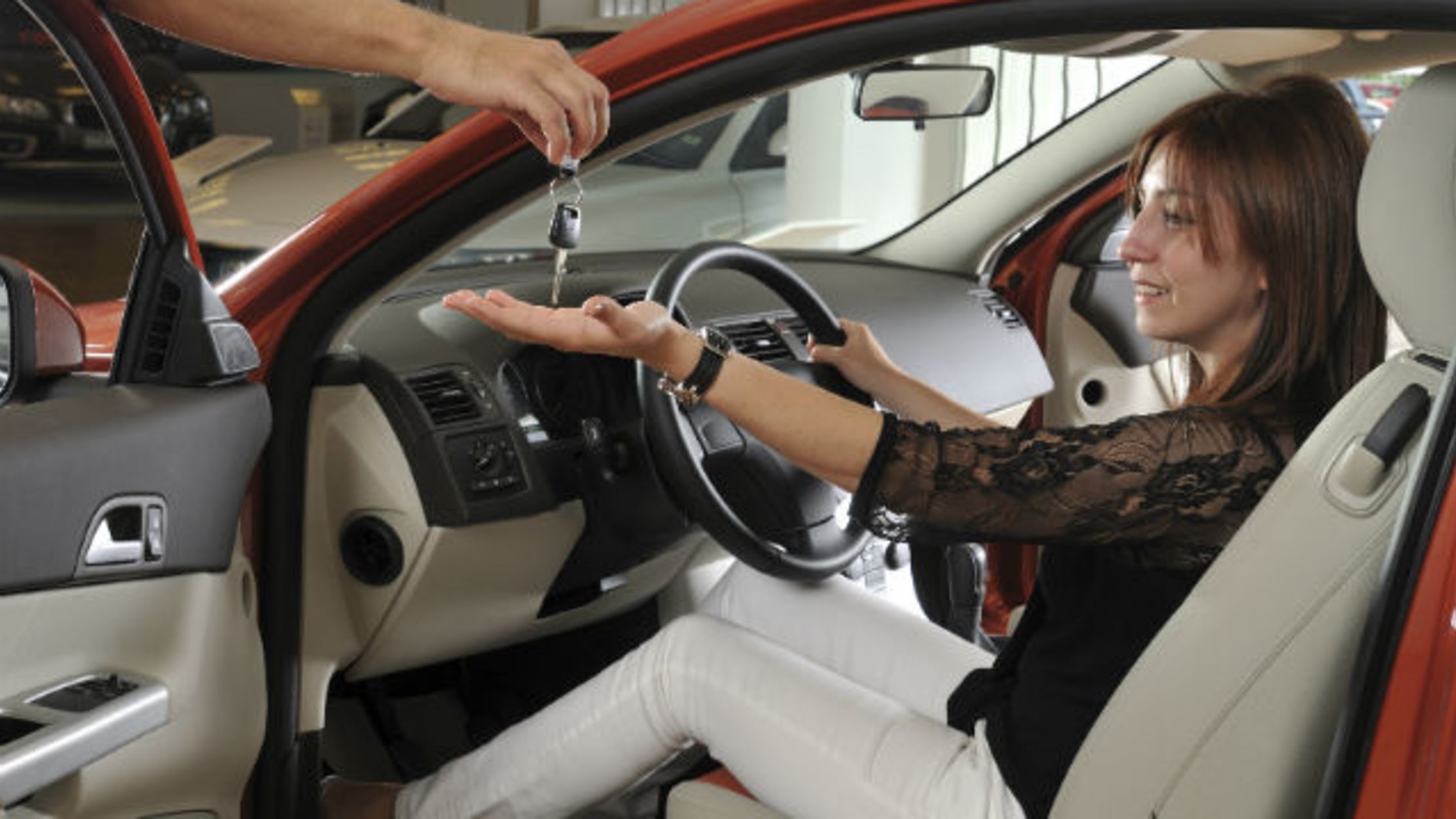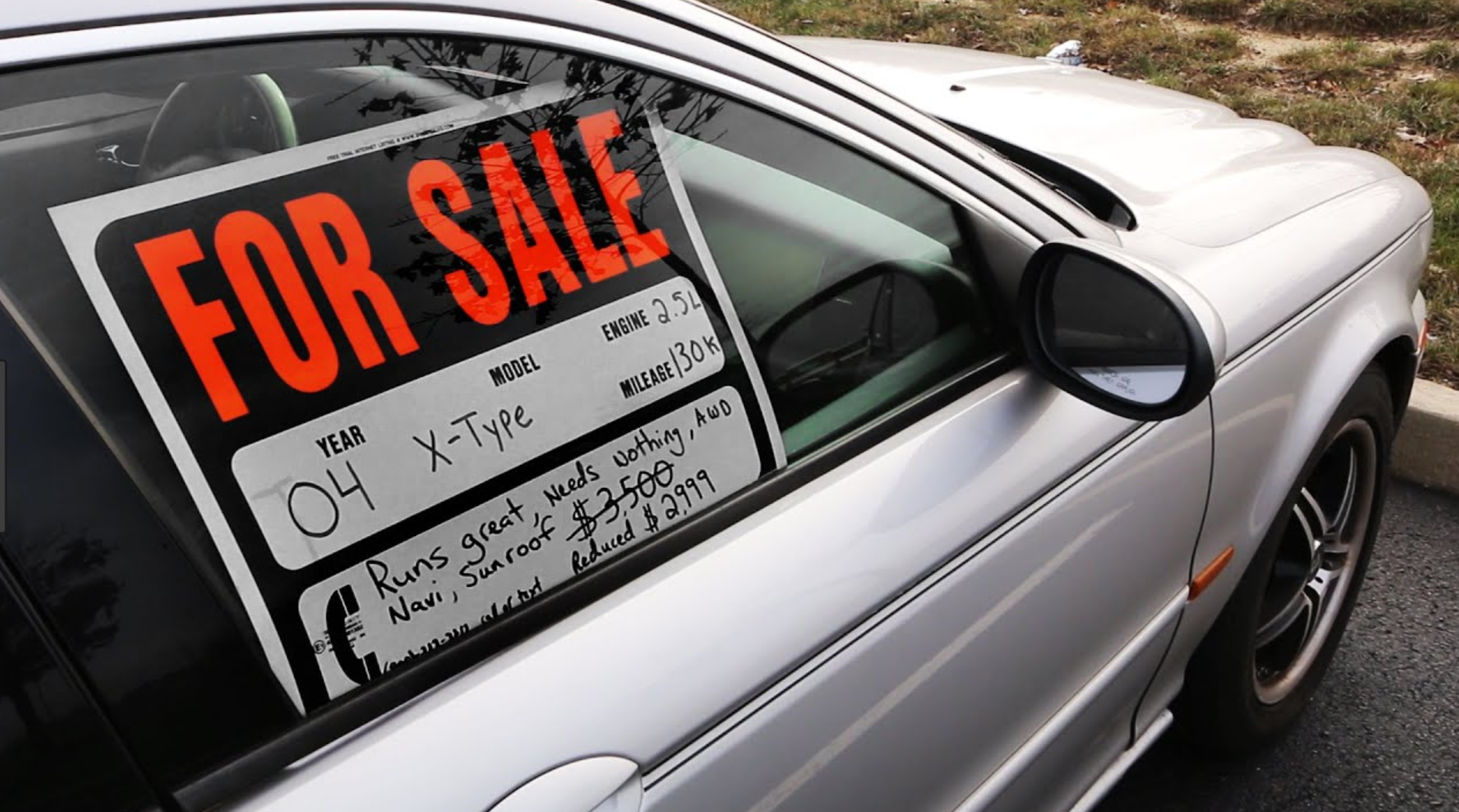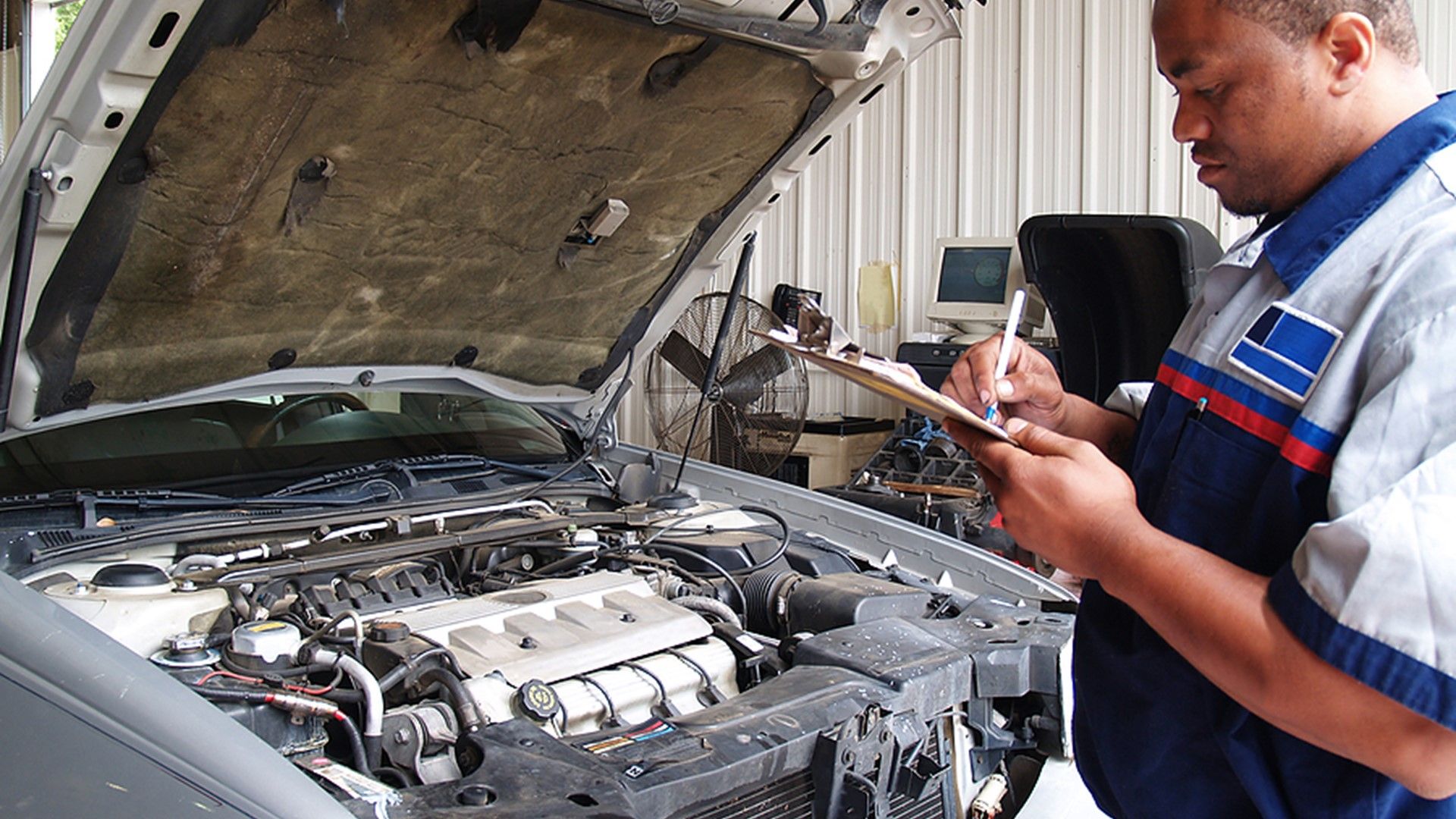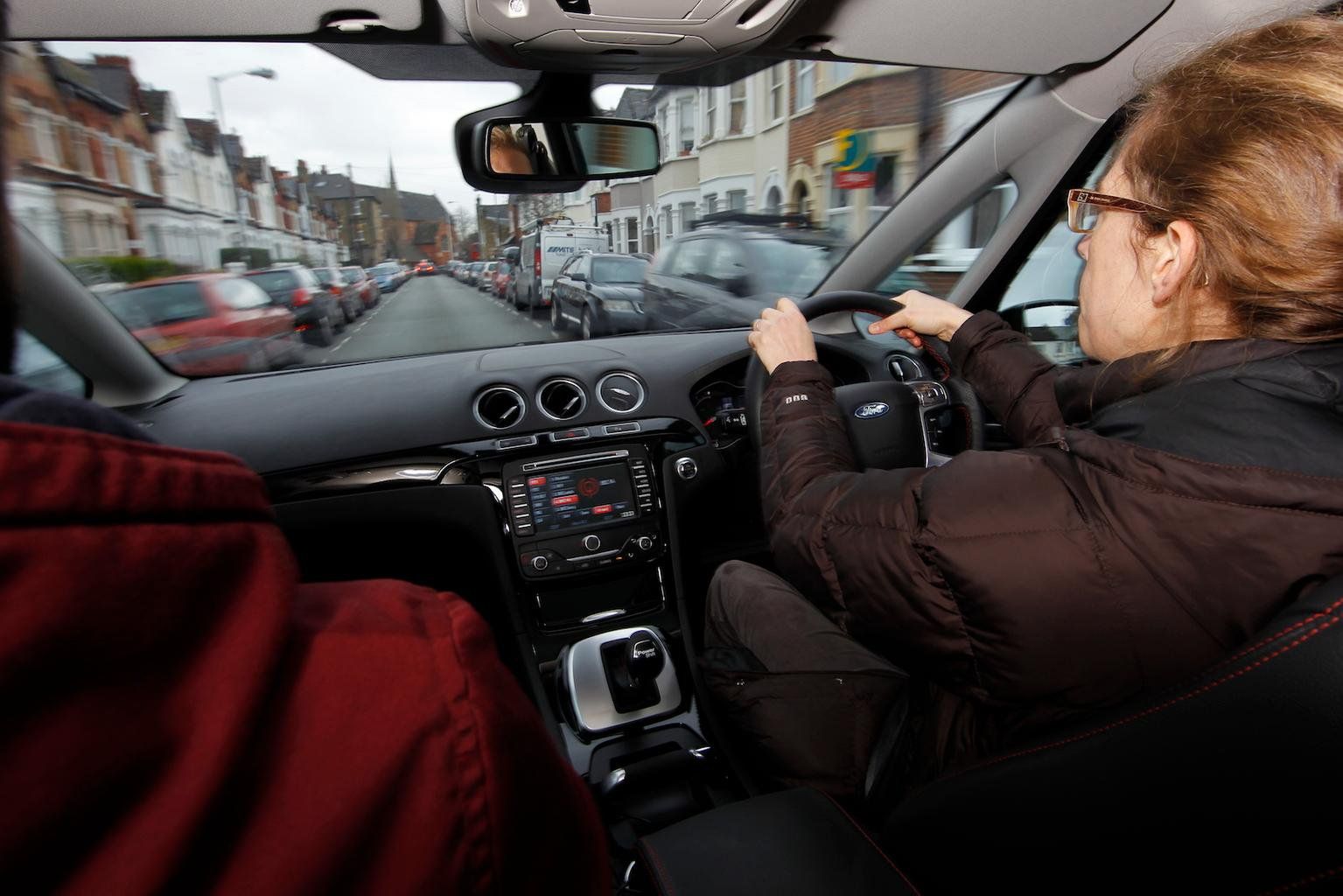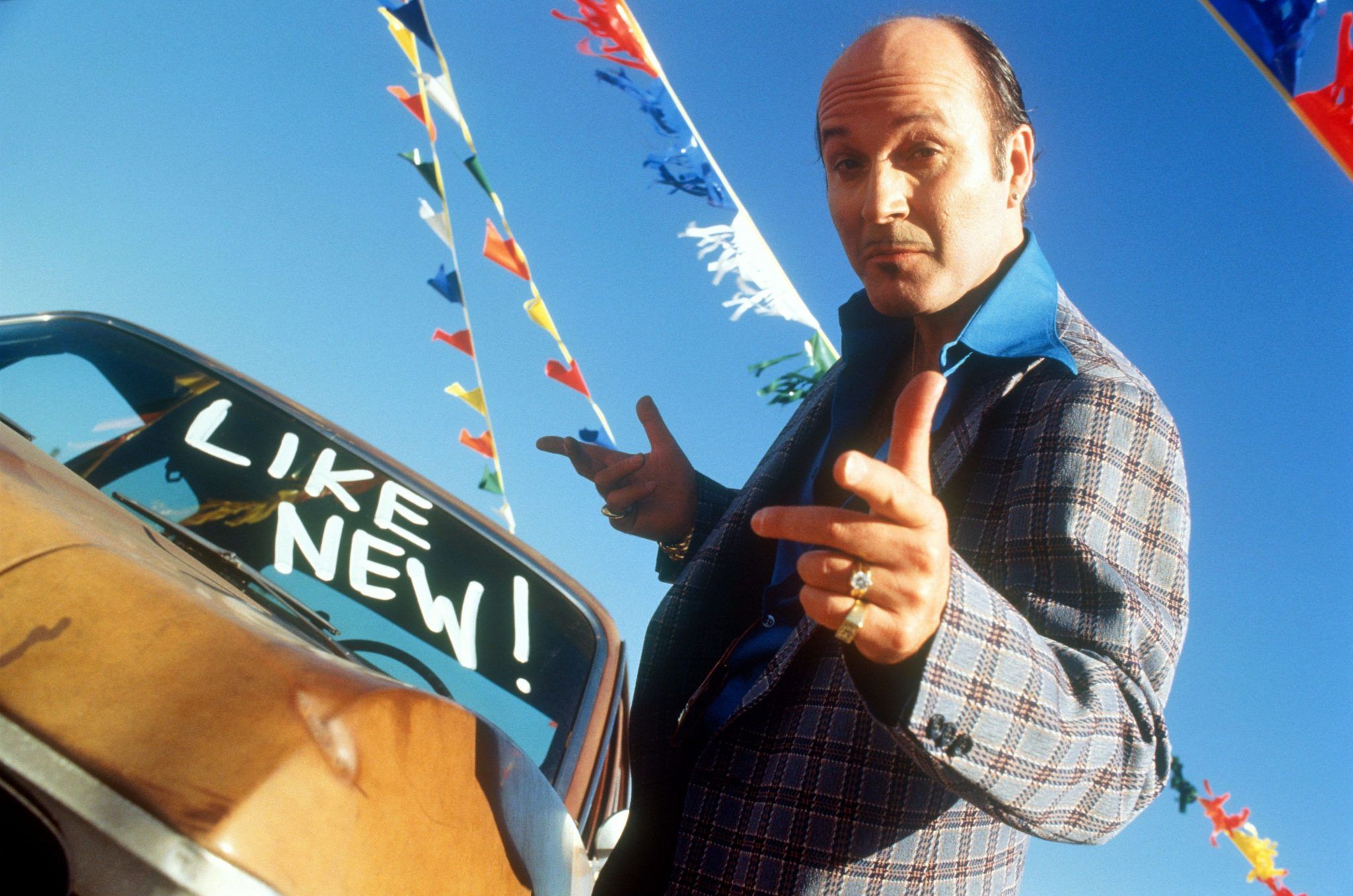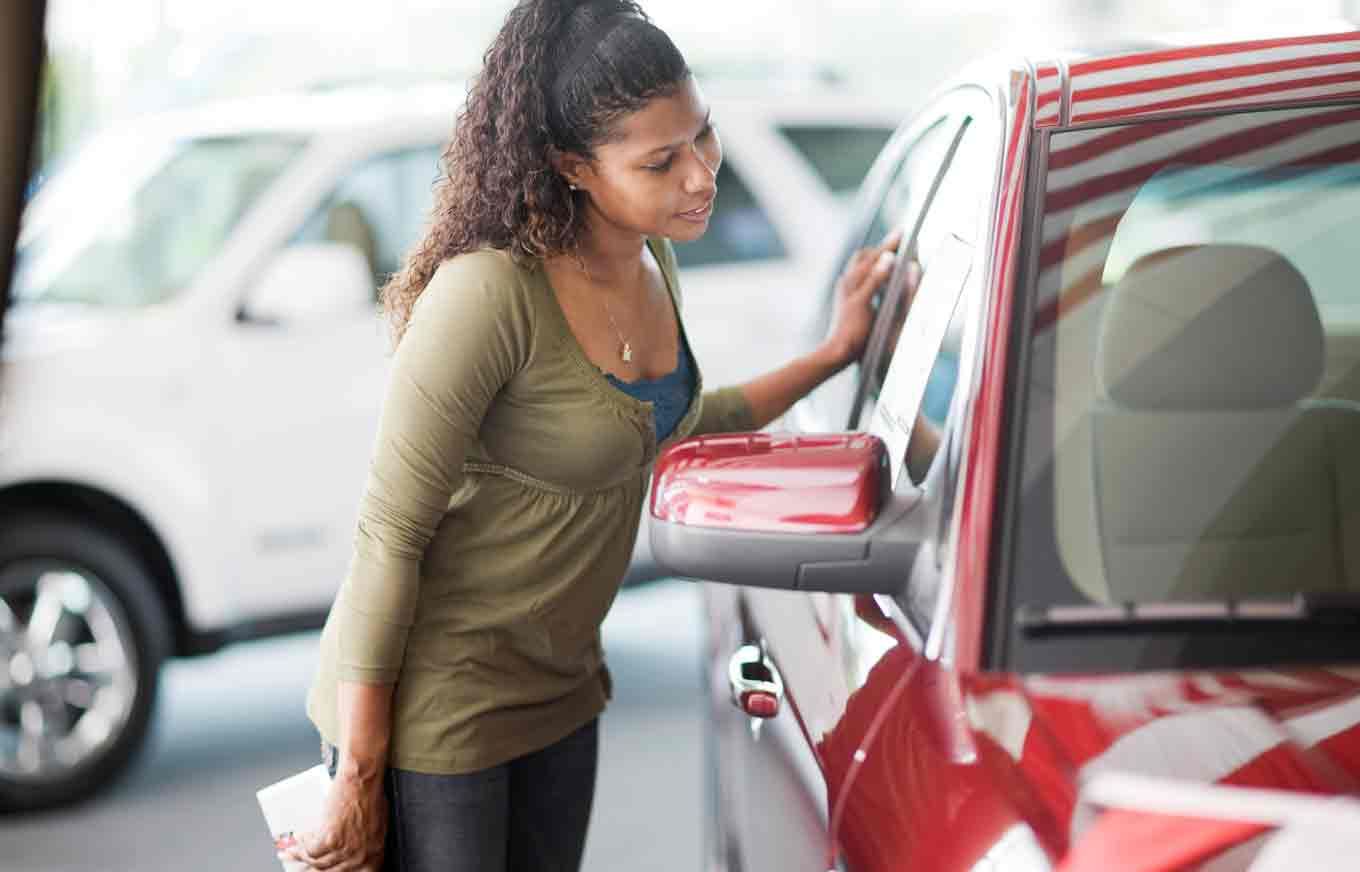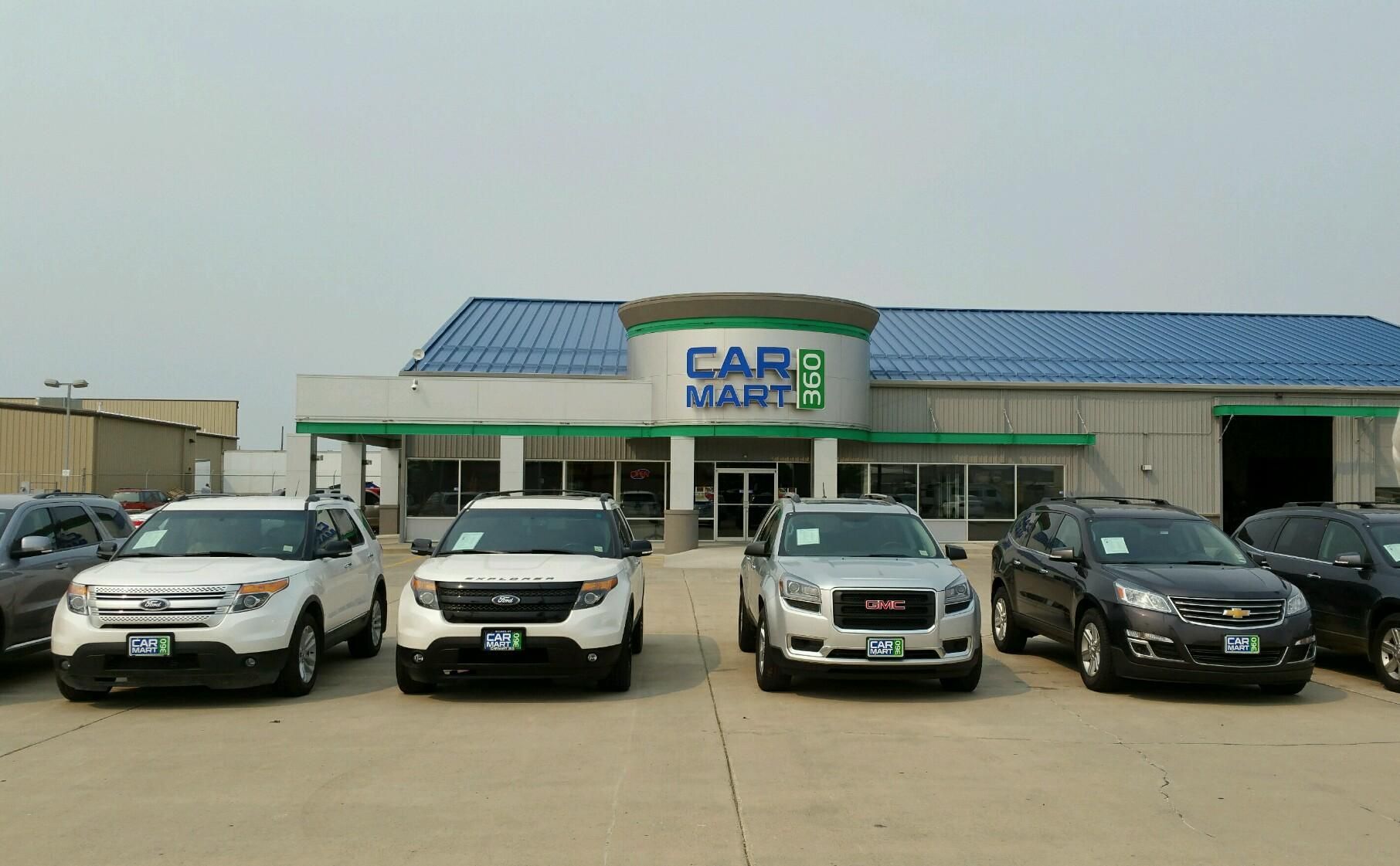Buying a car for the first-time is a huge investment. Given the amount of money the typical driver spends on their first ride, they want to ensure they’re getting the best bang for their buck. But given how exciting and confusing signing the papers to own a car can be, it’s understandable that there are some things we forget to do when making an important purchase.
The mistakes that made this list are unfortunately common ones that first-time car owners are likely to make while finalizing their purchase. Sometimes we forget about all the questions we need to ask, or we don’t read the contracts thoroughly. It’s easy to become overwhelmed with all of the options and add-ons, and if you don’t do proper research, it’s easy to make unnecessary purchases. Likewise, a new driver may get into trouble if they don’t fully understand how their I insurance works or all the ins and outs of long-term financing.
Keep reading to discover ten common mistakes one is likely to make while buying a car for the first time and how to avoid these all-too-often pitfalls. Buying a car requires a lot of research and patience, but it’s much better to do things the right way than to make a (very expensive) mistake in the process.
10 Not Shopping Around Enough
When making any big investment, it’s important to shop around and look at all of your options. This is the only way to make sure you’re getting the best bang for your buck as well as to ensure you’re not being taken advantage of because of your first-time buying status.
Talk to other people who have experience with buying cars. Or, take advantage of online resources to help with your search. Look at vehicle reviews and opinions before settling on a make. Similarly, look at the dealer reputation, financing options, and even previous customer experiences before making a final decision.
9 Don’t Automatically Accept Long-Term Financing
We get why long-term financing comes across as an attractive option. It lowers the monthly car payments, thus seemingly making a vehicle appear more in your price range. However, what some first-time car buyers fail to realize is that, in the grand scheme of things, this increases the overall cost of the car.
Since you’ll be paying the loan back over a longer period of time, this gives interest more time to increase. As Auto City explains, “A $25,000 loan, paid at 7.0% over 36 months, would end up costing $27,789, but the same loan paid over 72 months would cost $30,688, nearly $3,000 more.” Do the math before you settle!
8 New Isn’t Always Better
Many first-time buyers are under the impression that new is always better. Not only will a new car be more impressive and flashier, but the driver won’t need to worry about making costly repairs in the near future. Plus, new cars are often more efficient on gas.
While this all may be true, buying new comes with its disadvantages. It’s often more expensive, requires higher insurance coverage, and higher first-year depreciation is an issue. Used cars, on the other hand, cost less, require less-expensive insurance, and have already depreciated. Thus, buying a used car may be a better financial investment in the longer-term.
7 Put In A Call To Your Insurance Agent
When buying a car for the first time, you need to understand all the ins and outs of car insurance. So, don’t hesitate to call your agent when the time comes. Certain vehicle will require more expensive insurance, particularly if the car is new. You may require a certain type of insurance to do certain things, like let another driver operate your car.
"Many people let the dealership handle everything, but agents often think about issues buyers forget about, such as asking for a Carfax [vehicle history report] if buying a used car. The dealer will pay for it, but you have to request it,” car insurance agent John Ulin told Edmunds.
6 Don’t Just Buy Based On Looks
Given how excited first-time car buyers are to own their first ride, sometimes they’ll settle on the first vehicle they fall in love with. Perhaps the impeccable detailing or flashy design caught your attention. But often what happens is that they fail to consider the practicality of the car, leading to a bad investment.
It’s important to ensure that your first car meets all your need. A sports car my look good, but it’s not a great option for those who need to commute every day. Similarly, an SUV may be cool for camping, but it will be hard on gas when you’re driving to and from work on a daily basis.
5 Used Cars Need To Be Inspected Beforehand
Even though buying a used car may be a better investment, it’s still necessary to be careful in order to avoid buying a lemon. The seller may want to keep things private and quick in hopes of selling off a car that’s in poor shape.
That’s why it’s always important to have a used car checked out by a mechanic so you can really understand the quality the car is in before buying. If the car needs a new engine a few months down the line, you’ll be responsible- and if that’s the case, it may have been cheaper to simply buy a new car. Don’t jump into any sales without calling in a professional first.
4 Always Do A Thorough Test-Drive
Given how exciting it is to buy your first car, sometimes a buyer can skip doing a thorough test-drive before signing the paper. Some cars are more enjoyable to drive than others, so this is a crucial step that you shouldn’t miss (or else you’ll likely have regrets).
There are various things to be on the lookout for while doing a test-drive. Buyers need to think about how they are going to use the car on a daily basis: driving on the highway, transporting kids and pets and parking under various conditions,” Edmunds explains.
“The test-drive also is the time to check out visibility when backing up, how a car seat would fit into the back, if that third row is really so easy to get in and out of,” they add.
3 Don’t Allow Yourself To Be Pressured
Care salesmen have a reputation for being pushy and doing or saying anything to close a deal. It’s important to be wary of being pressured into making a purchase before you’re ready or have covered all the bases. A salesperson will be able to feel out if you’re a first-time buyer and they likely won’t be afraid to use that to their advantage
“Listen for pressure tactics, such as, ‘This deal is only good, today,’ or ‘What’s it going to take to get you in this car, tonight?’” Auto City warns. “Instead, look for someone who addresses your needs, with questions like, ‘What are you looking for in a car?’ or statements like, “Let’s look for something in your budget.”
2 Don’t Always Buy Into Dealer Extras
Even after you’ve signed the paperwork on your new ride, you’ll likely be faced with various ‘add-ons’ that may sound enticing, but they’ll obviously only increase total bill. A dealership may make these extras sound necessary, like fabric protection, wheel and rim insurance, paint protection, or even pre-paid maintenance.
However, these are more than likely just vanity items that are both unnecessary and overpriced. Avoid going for the add-ons in the beginning. If you figure out you need something later on, you can always come back to the dealership after having done research and fully thinking it through.
1 Read The Entire Auto Finance Contract
The Auto Finance Contract is the final step before the car becomes yours. Once it's finalized, that baby becomes your responsibility, including all of the payments that will be forthcoming. Don’t rush into signing this legal document. Rather, take your time to read it through and ask any questions that you may have, no matter how mundane you may feel about them.
“After negotiating vehicle options, pricing, and financing be sure dealer-covered items don’t show up on the final bill,” Auto City recommends. “For example, if you’ve negotiated a full-size spare tire or roof rack, a line-by-line consideration should reveal this. Be sure you’re getting everything you asked for and none of what you haven’t.”



